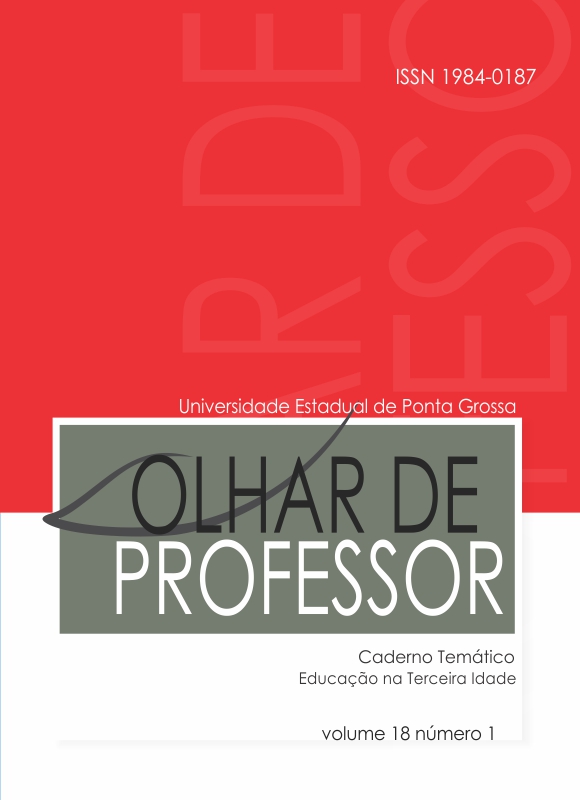ASPECTOS BÁSICOS DE LA EDUCACIÓN DE MAYORES: UNA EXPERIENCIA DE FORMACIÓN
Main Article Content
Abstract
ED- 3053 “Formación para personas facilitadoras de procesos de enseñanza-aprendizaje con personas
adultas y adultas mayores”, del Instituto de Investigaciones en Educación (INIE) en coordinación
con el Programa Institucional para la Persona Adulta y Adulta Mayor (PIAM) de la Universidad de
Costa Rica. El objetivo fundamental del proyecto es desarrollar un curso titulado “Aspectos Básicos
de la Educación para mayores” para personas facilitadoras de los cursos del PIAM, específicamente
mediante tres grandes temas: I. Aspectos básicos de gerontología, II. Procesos de enseñanza aprendizaje
para mayores y III. Técnicas didácticas para la educación de mayores. Durante el 2014 se realizaron
dos experiencias en las cuales, participó un total de 30 personas facilitadoras que imparten cursos de
artesanías, idiomas, computación, actividad física, arte y cultura y estilos de vida saludables en el PIAM.
La experiencia educativa del curso, brindó a los participantes, herramientas teóricas y prácticas para mejorar los procesos de enseñanza-aprendizaje con población adulta mayor, así como brindó una serie de contenidos conceptuales, procedimentales y actitudinales para desarrollar procesos educativos con personas mayores. Además, con la experiencia se legitima la labor educativa que persigue el Programa
y se logran hacer rupturas con ese imaginario negativo que señala que las personas mayores “ya no pueden aprender”
Downloads
Article Details
Authors who publish in this journal agree with the following terms:
a) Authors keep the copyrights and concede the right of its first publication to the magazine. The work piece must be simultaneously licensed on the Creative Commons Attribution License which allows the paper sharing, and preserves both the author identity and the right of first publication to this magazine.
b) Authors are authorized to assume additional contracts separately, to not-exclusively distribution of the paper version published in this magazine (e.g.: publish in institutional repository or as a book chapter), with the author identity recognition and its first publication in this magazine.
c) Authors are permitted and stimulated to publish and distribute their papers online (e.g.: in institutional repository or on their personal webpage), considering it can generate productive alterations, as well as increase the impact and the quotations of the published paper.
d) This journal provides public access to all its content, as this allows a greater visibility and reach of published articles and reviews. For more information on this approach, visit the Public Knowledge Project, a project that developed this system to improve the academic and public quality of the research, distributing OJS as well as other software to support the publication system of public access to academic sources.
e) The names and e-mail addresses on this site will be used exclusively for the purposes of the journal and are not available for other purposes.

This work is licensed under a Creative Commons Attribution 4.0 International License.





